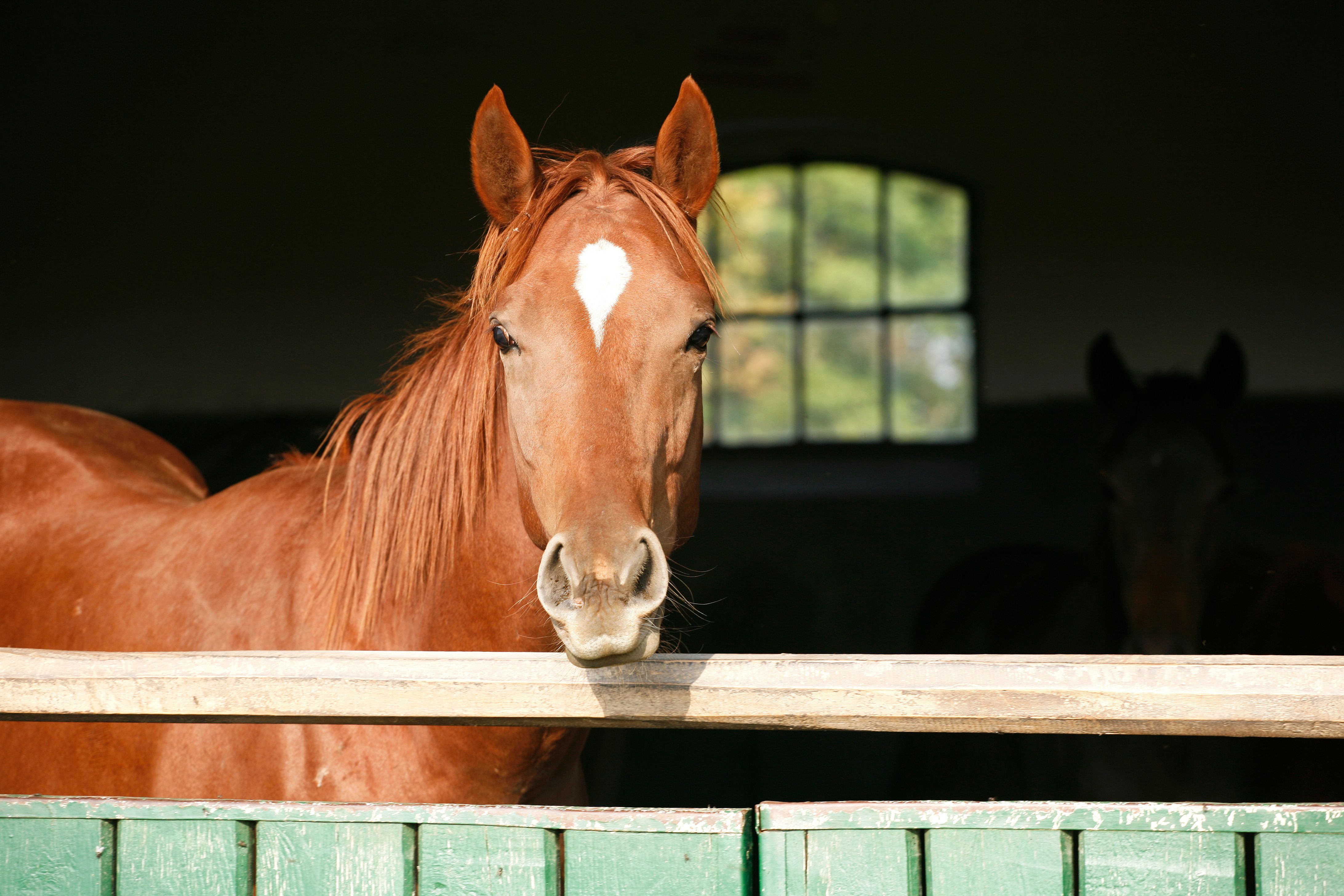California horse tests positive for EHM
The horse was euthanized and 26 other horses have potential exposure
acceptfoto/stock.adobe.com

A 9-year-old Quarter Horse mare in a training facility in San Luis Obispo County, California, was confirmed positive for equine herpesvirus myeloencephalopathy (EHM) secondary to EHV-1. The mare was under-vaccinated and became acutely neurological on February 22, 2023. After being unable to rise, the horse was euthanized due to the severity of the clinical signs, according to the California Department of Food and Agriculture (CDFA).1,2
The sick mare had recently attended a large western discipline event in Tarrant County, Texas February 10 to February 20. No clinical signs were observed during the travel or the event itself. The event management and Texas state animal health officials were notified and twice daily temperature checks are being administered following departure from the event grounds, according to an alert issued by the CDFA.1
Horses suffering from EHM typically present with a fever in the beginning and could show signs of a respiratory infection. The horse can then present with neurologic signs such as ataxia, weakness or paralysis in the fore-and hind limbs, dribbling, loss of tail tone, recumbency development, and urine retention. EHM is spread through the nose to nose or close contact, so if a horse suspected to have EHM or tests positive, keep from sharing contaminated equipment between horses, especially if there has been contact with an infected horse.2
At the home of the horse, 26 other horses have potentially been exposed and are currently in quarantine. California’s Department of Food and Agriculture was at the location to help put enhanced biosecurity measures, such as basic hygiene, disinfecting, and cleaning, in place.1,2
Reference
- California Horse Positive for EHM. News release. EquiManagement. February 28, 2023. Accessed March 2, 2023. https://equimanagement.com/news/edcc-health-watch/california-horse-positive-for-ehm-2/
- Equine herpes virus: Equine health alert. California Department of Food and Agriculture. February 27, 2023. Accessed March 3, 2023. https://www.cdfa.ca.gov/ahfss/Animal_Health/equine_herpes_virus.html